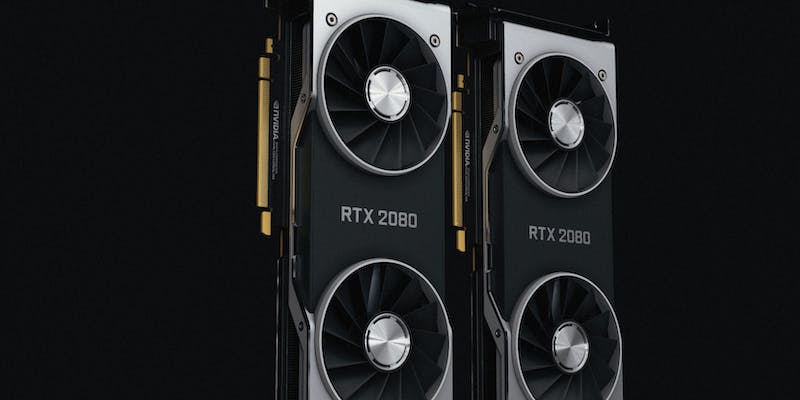In the realm of PC gaming, the cost of graphics cards has been a soaring point of discussion for years, but recent developments signal an auspicious downturn for aficionados and budget-conscious gamers alike. The introduction of Nvidia’s formidable RTX 40 series, including the brawny RTX 4070 Ti, RTX 4080, and the prestigious RTX 4090, has catalyzed a ripple effect, with previous generation GPUs succumbing to devaluation. Prices are tumbling more precipitously than in prior cycles of tech turnover, painting a rather exciting canvas for the graphics card market.
A telling example is the MSI Ventus RTX 4070 Ti, whose price point has plummeted to around $720, a notable descent from its launch price. This trend is a clear harbinger of enduring price moderation for such high-caliber GPUs. Retailers are mirroring this trend, further corroborating the shift toward a more affordable landscape for top-tier graphics solutions. This downturn in costs may hint at the shaping of a new norm where cutting-edge graphics power becomes increasingly accessible to a broader audience.
Competitive Dynamics in the GPU Arena
In an intensifying showdown, Nvidia and AMD are vying for supremacy in the competitive mid-range GPU market. AMD’s Radeon RX 7900 XT, aggressively priced, counters Nvidia’s pricing strategy. Nvidia, known for superior drivers and gaming features, typically commands higher prices but is now considering reductions to maintain its edge.
Both giants are approaching a pricing war, which could lead to widespread reductions and bolster GPU accessibility. AMD aims to offer better prices without incurring losses, maintaining its reputation for value. If they undercut Nvidia too much, it could backfire financially.
For consumers, this scenario suggests that waiting might be wise, as prices could drop further. This tug-of-war could erode brand loyalty, with gamers ultimately benefiting as they might secure high-performance GPUs at lower costs. This competitive landscape signifies a potential shift in GPU market dynamics, offering high-end gaming experiences at more affordable rates.

